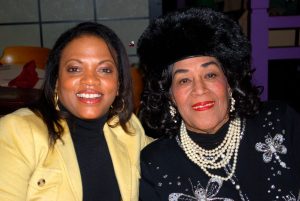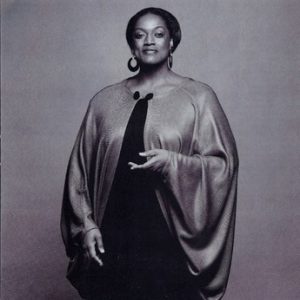Podcast: Play in new window | Download (Duration: 1:12:00 — 81.9MB) | Embed
Subscribe: Spotify | TuneIn | RSS | More
Last month marked the tenth anniversary of the death of the great Italian basso Cesare Siepi, one of the most important basses of the twentieth century, after such figures as Nazzareno de Angelis, Tancredi Pasero, and, particularly, Ezio Pinza, the latter, like Siepi, particularly associated with the title role of Mozart’s Don Giovanni. His dashing good looks, solid technique, sonorous voice and appealing artistry, placed him in the forefront of the opera world, particularly in the 1950s through the 1970s. In this episode, rather than his celebrated Mozart and Verdi portrayals, however, we will focus primarily on his 1958 Decca/London album, Easy to Love: The Songs of Cole Porter. Siepi also made two appearances on Broadway, including 1962’s Bravo, Giovanni, from which we hear two excerpts. Other musical selections in this episode include two operatic arias, several favorites from the Neapolitan song repertoire, and live and television performances from Brahms to Sigmund Romberg. Revisiting this artist, and particularly his spot-on Cole Porter performances, is a nostalgic journey for me, and I hope to convey to you his enormous appeal.

